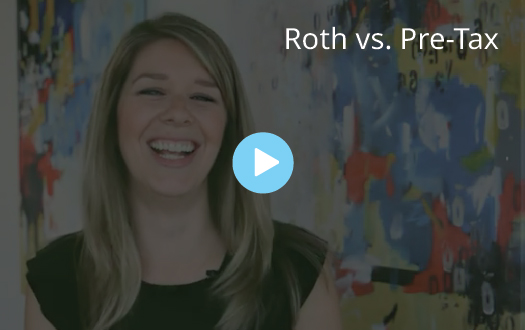Your Money Personality
Our unique personalities impact how we interpret and react to the world. Not surprisingly, how we handle money is no different – our individual perspectives can influence how we manage our personal finances. Below, we’ve broken down a few common attitudes about money, and provided tips to maximize financial success.
The Spender: Spenders are not afraid to part with their money in short-term situations. It’s great to enjoy your income, if you don’t overspend or rely on debt to sustain the behavior. Spenders might find success by automating their savings, so they don’t have to decide to save; retirement plans are great for this, since contributions are deducted directly from pay! Spenders may also enjoy maintaining a budget since budgets give permission to spend within pre-determined limits.
The Saver: It’s important to have a sufficient emergency savings (about 3-6 months’ worth of living expenses), which is good news for savers! This attitude is conducive to financial success in the event of an emergency, and they likely know the importance of saving effectively for retirement. To help savers overcome any guilt or worry they may associate with spending, they may find success in specifically saving for larger expenses (i.e., a vacation or new car) so they can track progress made towards that goal and pay in cash when possible.
The Non-Budgeter: The non-budgeter may not see the value in categorizing and tracking their monthly finances. Simplifying budget categories can help people who don't usually budget see where they can improve their finances without getting into too many details. The budget is meant to be a tool rather than a chore, so non-budgeters can feel empowered to make necessary changes to help a monthly budget work for them.
The Procrastinator: The procrastinator may be overwhelmed by managing their finances, possibly due to uncertainty of how to get started. A good first step is to take some time and log into all your financial accounts – retirement, banking, and any debts. Check to confirm that you have money set aside in savings for an emergency (at least $1,500 for now but ideally 3-6 months of living expenses) and are current with payments on any debt you owe. Then, you should start building a budget to ensure you are maximizing your income and making progress towards your goals.



